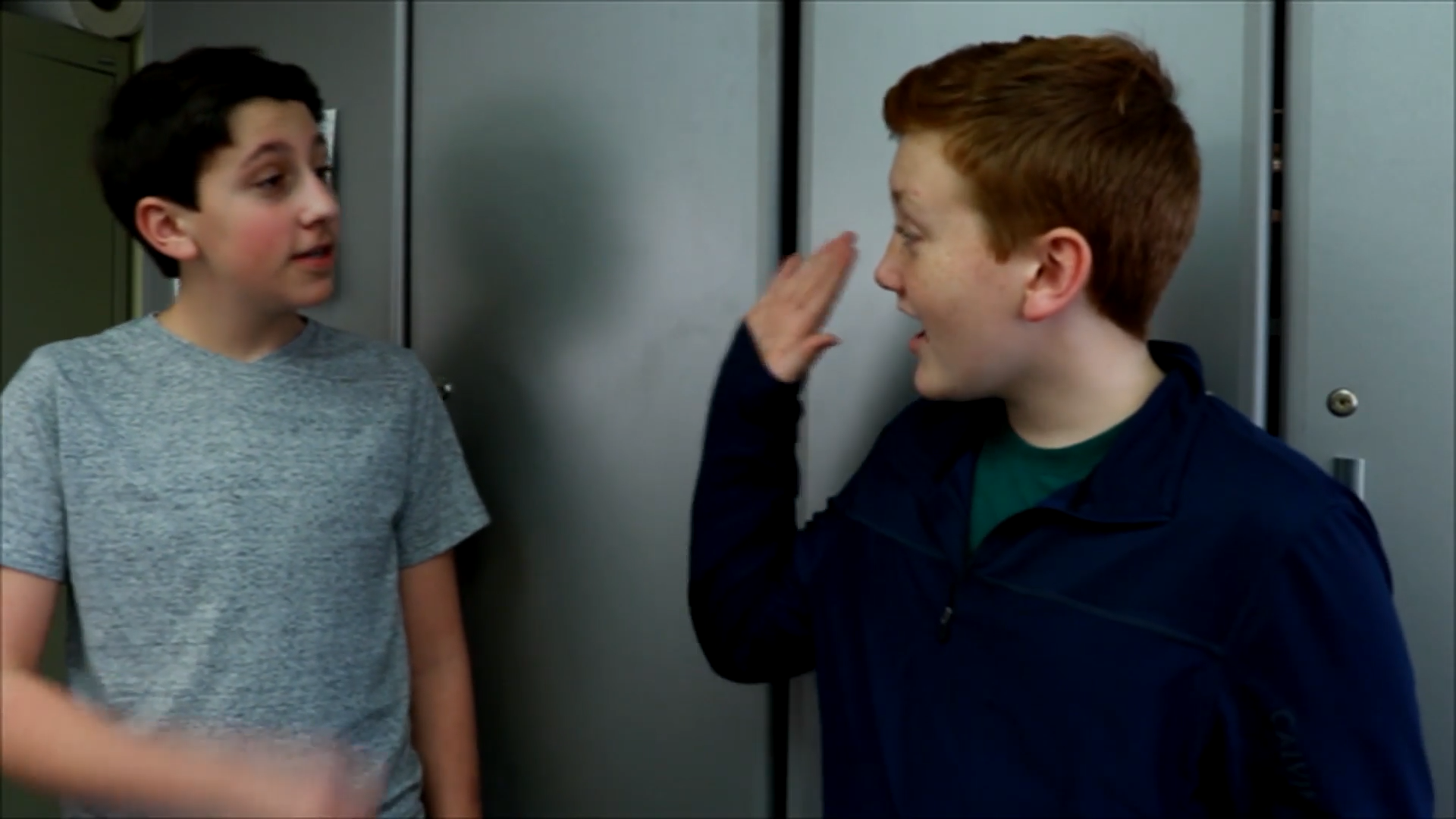
Introduction
Handwashing is an essential life skill that promotes health and well-being. For students in special education, learning proper handwashing techniques is crucial. In this blog post, we will discuss an engaging no-prep activity that educators can use to teach handwashing skills. We will also explore related Social-Emotional Learning (SEL) skills that can be incorporated into the lesson to enhance the students’ overall development.
No-Prep Activity: Handwashing Role-Play
This activity requires no preparation or materials from the educator, making it a stress-free and effective way to teach handwashing skills. The handwashing role-play activity involves the following steps:
- Divide students into pairs and designate one student as the “teacher” and the other as the “student.”
- Have the “teacher” student explain the proper handwashing steps to the “student,” using Connor’s example as a guide. The “teacher” should emphasize the importance of using warm water, using enough soap, rubbing hands together for at least 30 seconds, turning off the water, and drying hands.
- After the “teacher” has explained the process, the “student” should demonstrate the handwashing technique while the “teacher” observes and provides feedback on their performance. Encourage the “teacher” to offer constructive feedback and praise the “student” for their efforts.
- Switch roles and repeat the activity, allowing both students to practice both teaching and learning the handwashing process.
This activity not only teaches students the essential skill of handwashing but also encourages teamwork, communication, and peer support, which are important SEL skills.
Discussion Questions
After completing the handwashing role-play activity, use the following discussion questions to stimulate further conversations and deepen the students’ understanding of the importance of proper handwashing:
- Why is it important to wash our hands with warm water and use enough soap?
- How does handwashing help prevent the spread of germs and illnesses?
- What are some situations where it is especially important to wash our hands?
- How can we remind ourselves and others to wash our hands regularly and properly?
- How do you feel when you teach someone a new skill or learn something new from a peer? How can this experience help you in other areas of life?
Related Skills
Beyond handwashing, there are several other related skills that can be incorporated into lessons for special education students. These skills can help students develop a well-rounded understanding of personal hygiene and self-care. Some related skills include:
- Brushing teeth
- Using tissues and covering your mouth when sneezing or coughing
- Showering and using personal hygiene products
- Proper hand sanitization when soap and water are not available
- Maintaining a clean and organized personal space
By teaching these skills in conjunction with handwashing, educators can provide students with a comprehensive understanding of personal hygiene practices and their importance in maintaining good health and well-being.
Next Steps
We hope you found this blog post helpful in teaching handwashing skills to your special education students. To access more engaging activities and resources on handwashing and other essential life skills, sign up for free sample materials at Everyday Speech. These resources are designed to help educators effectively teach SEL skills and enhance the overall development of their students.

